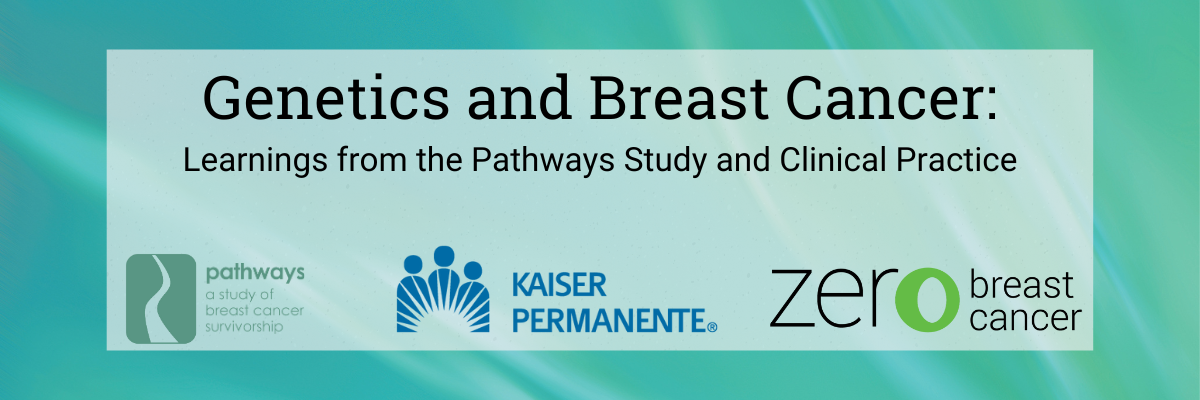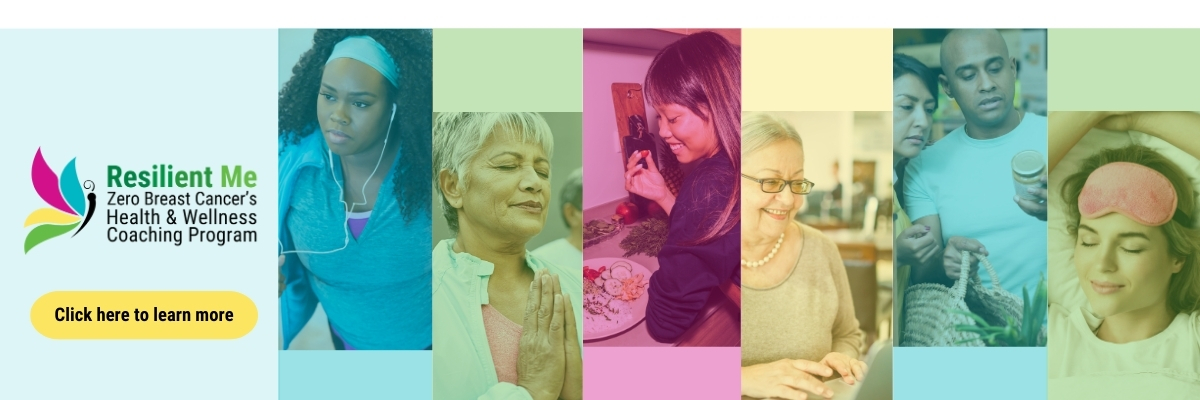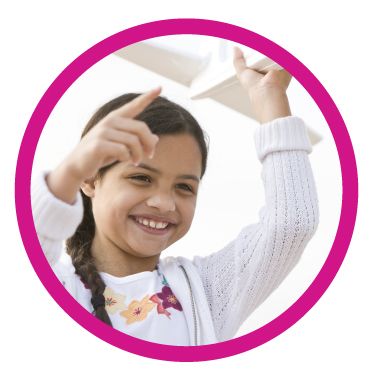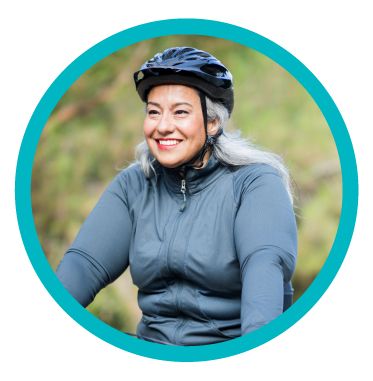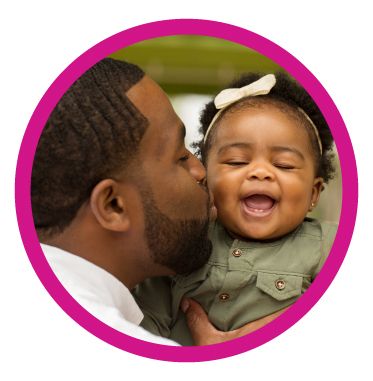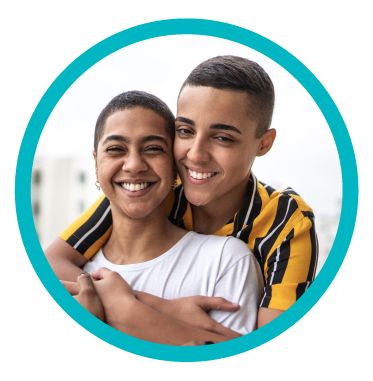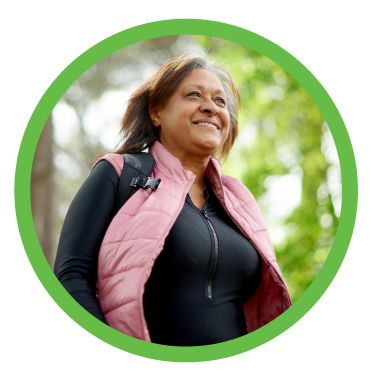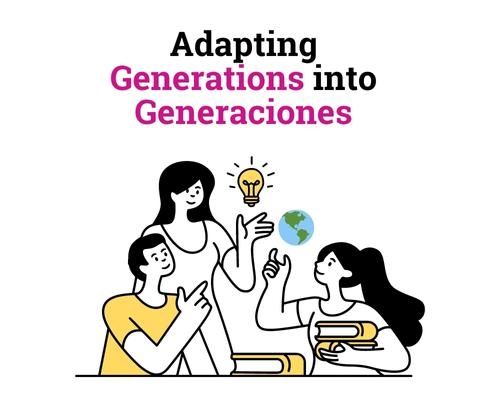
At Zero Breast Cancer, we develop multilingual educational resources that effectively translate scientific research into practical information for promoting health and wellness. Our commitment lies in creating materials that are not only easy to understand but also address the priorities and concerns of the communities we serve. This dedication is reflected in the development of our Generations campaign, which educates young adults and the broader community about the harmful, multigenerational effects of endocrine disrupting chemicals (EDCs) on our health.
The English-language Generations resources were based on a Child Health and Development Studies (CHDS) research project and developed in collaboration with CHDS researchers and the Breast Cancer and the Environment Across Generations Advisory Group, which was facilitated by Zero Breast Cancer and included CHDS research participants. Additional community input was obtained through a focus group, several rounds of interviews, and a survey. The community guidance and feedback we received was crucial in shaping the resources, which consist of six educational posters and a dedicated section on our website.
At Zero Breast Cancer, we believe that language should not be a barrier when it comes to accessing important health information. When Generations was completed, we understood the importance of developing the campaign resources in Spanish and that getting input from Spanish speakers was crucial to effectively educate our intended audience. With funding from California’s Marin County, we went beyond translation to thoroughly adapt the resources to ensure that they were culturally relevant and resonated with Spanish-speaking audiences. This adapted version is known as Generaciones.
Generaciones, like Generations, aims to encourage individuals to make informed decisions and take action to reduce their exposure to EDCs. By reducing exposure to EDCs, we can reduce the risk of many diseases, including breast cancer, in parents, children, and even grandchildren Through Generaciones, we provide important information that bridges the language gap, promotes inclusivity, and strives for health equity.
Our Adaptation Process
To ensure the accuracy and effectiveness of the adaptation, we collaborated with young adults from Marin County. We reached out to them through fliers placed in local businesses and community resource organizations in the Canal area of San Rafael. The flier specified our search for young adults aged 18 to 35, residing or working in Marin County, who were native Spanish speakers and culturally Latinx. After carefully reviewing all the submissions, we selected 10 participants who met the specified criteria, including individuals from Colombia, El Salvador, Guatemala, and Mexico.
Laura Custodio, Bilingual Program Coordinator at Zero Breast Cancer and a native of Honduras, individually interviewed each participant in Spanish twice. Prior to the first interview, the 10 participants were invited to complete an assessment survey. They were not informed about the specifics of the campaign's topic, but they were aware that their involvement would contribute to the adaptation of educational materials from English into Spanish. In the survey, they were encouraged to provide sincere answers to the best of their knowledge. This survey served as a baseline to assess their understanding of the campaign’s content prior to the interview.
During the first interview, participants were provided with an explanation of the intended message and/or idea behind each of the campaign posters and were then presented with various translated options of the English text for them to pick from. Furthermore, participants were encouraged to share their insights and feedback, including suggesting alternative ways to convey the message or expressing if none of the options resonated with the intended messaging. This approach allowed participants to contribute their valuable perspectives, resulting in high-quality translated materials that effectively conveyed the message in Spanish. Based on their feedback, we had our designers take two new photographs for posters to better communicate our intended meaning.
In the second interview, only 7 of the 10 participants were able to participate, and they were presented with the new Spanish posters. The focus of this interview was to ensure that the translated posters resonated effectively with Spanish speakers. Participants were asked to share their impressions regarding the wording and messaging of the posters. Although participants had previously seen the English posters, this was their first chance to visually experience how the translations were incorporated into each poster. This provided them with an opportunity to offer additional feedback based on their fresh perspective.
During the second interview participants also reviewed the web pages dedicated to Generaciones. Participants were asked a series of questions to assess the ease of understanding, appropriateness of wording, and tone used in the content. This comprehensive feedback process aimed to refine and enhance the content, ensuring it was clear, engaging, and culturally relevant.
Following the second interview, participants were asked to retake the assessment survey to evaluate their knowledge after their collaboration with the campaign's adaptation. In addition to the original set of questions, new questions were added to evaluate their understanding of the campaign's web content.
Results
- All seven participants increased their knowledge of the steps recommended in each of the six posters to reduce their exposure to EDCs and the impact EDCs have on future generations.
- 5 out of 7 participants increased their knowledge of how females’ and males’ exposure to the six sources of exposure covered by the campaign before and during pregnancy affects future generations.
- All participants reported they will share their newly acquired knowledge with peers and family members.
- All participants reported that they found the information to be credible and trustworthy.
Outcomes
- The final poster translations and images were refined based on the participants’ input, resulting in culturally appropriate and easy-to-understand posters.
- The participants’ feedback provided valuable insights into their comprehension of the website content. This feedback allowed us to identify areas that required clearer explanations to make the content easily understandable for people with different educational levels. Some feedback also led to updates in the English web pages. The revised website content is now a more effective and inclusive resource.
- The resources promote health equity by bridging the language gap, ensuring that Spanish speakers have equal access to important information concerning EDCs and their impact on health.
Written by Laura Custodio, ZBC Bilingual Program Coordinator

